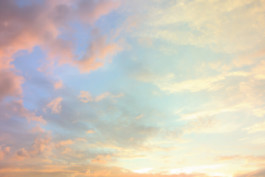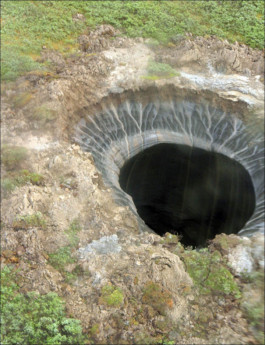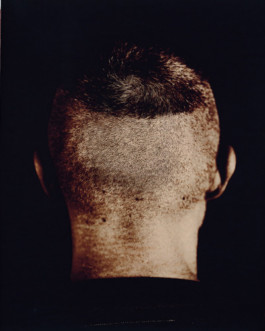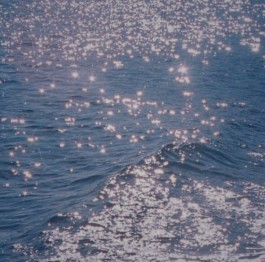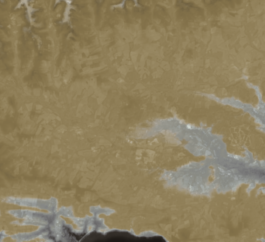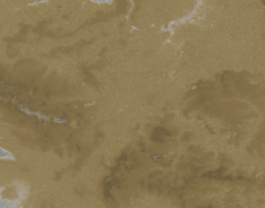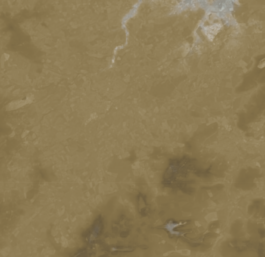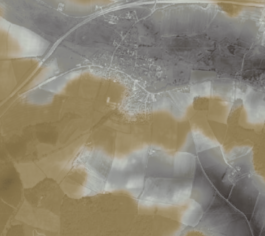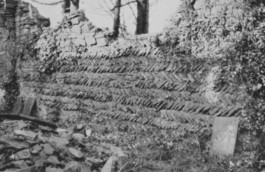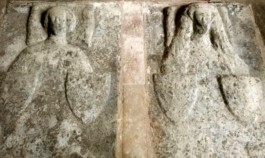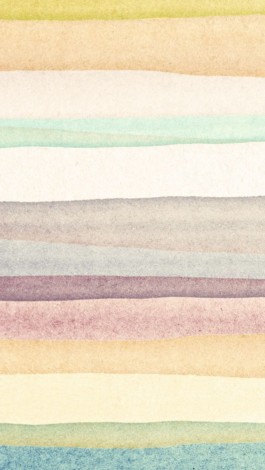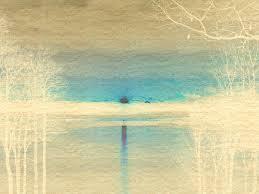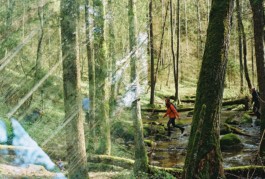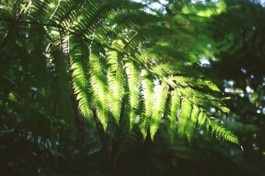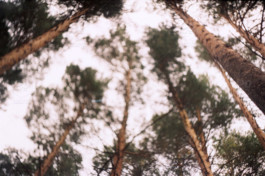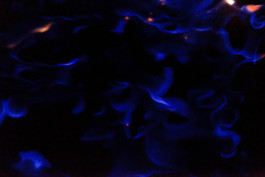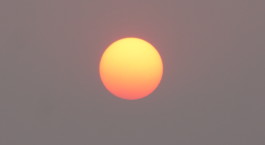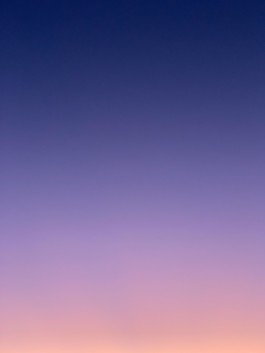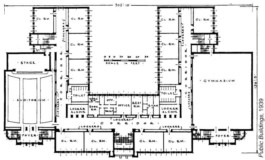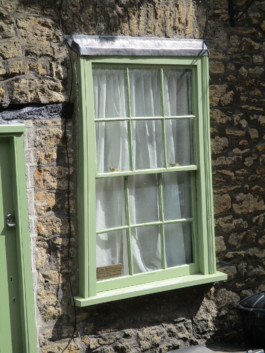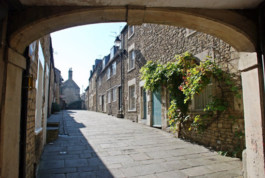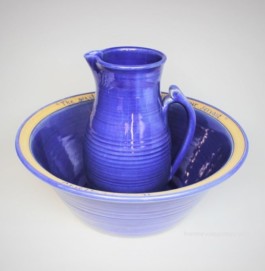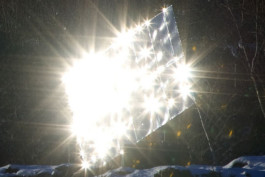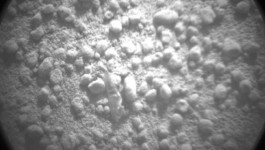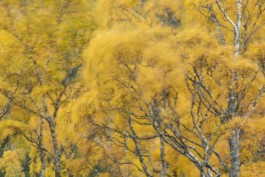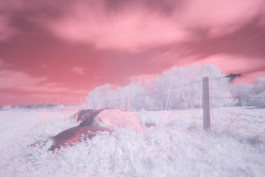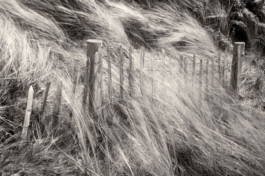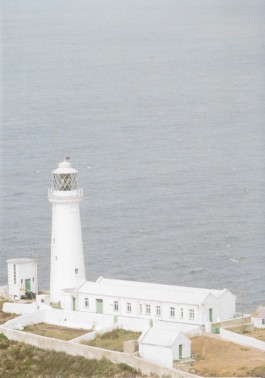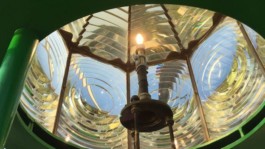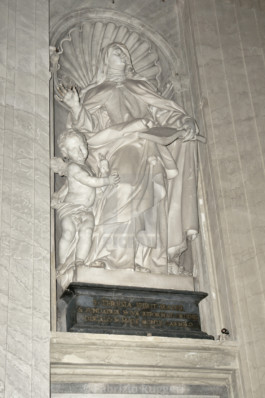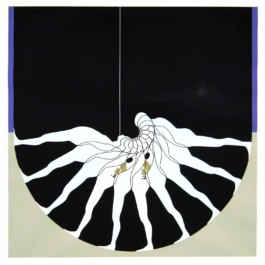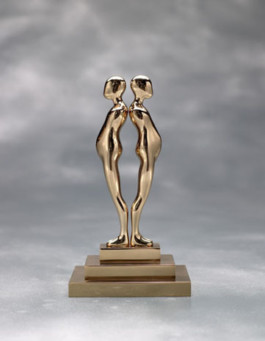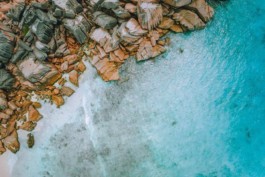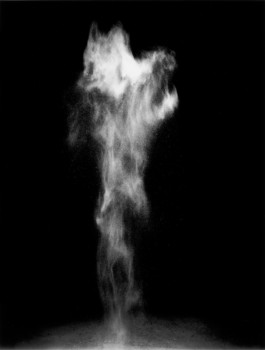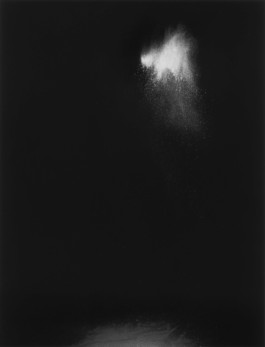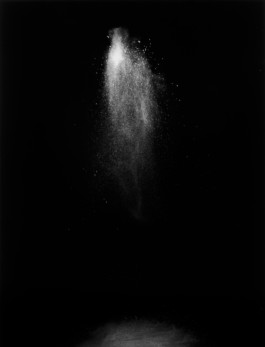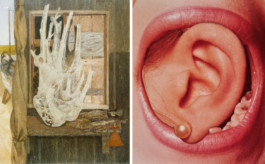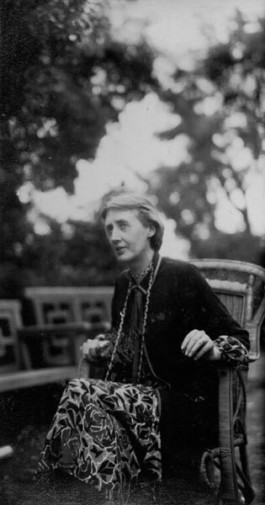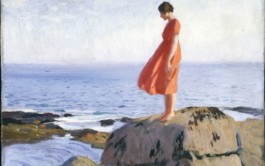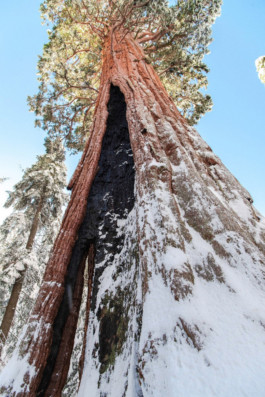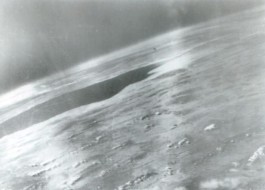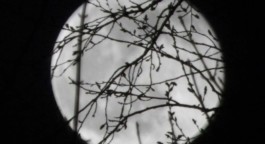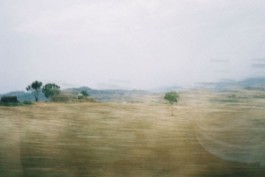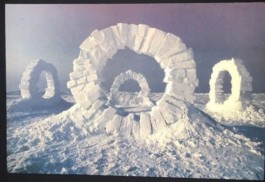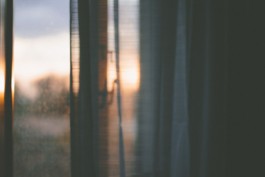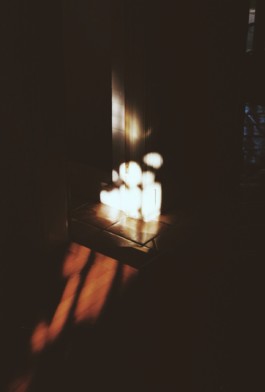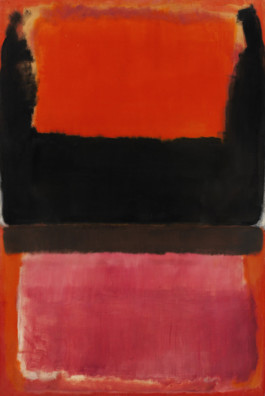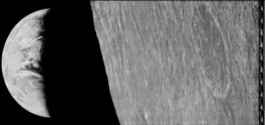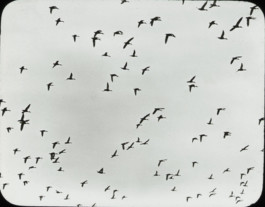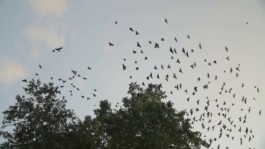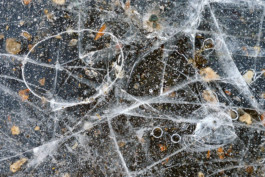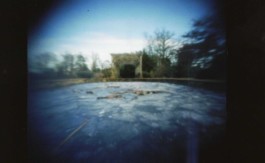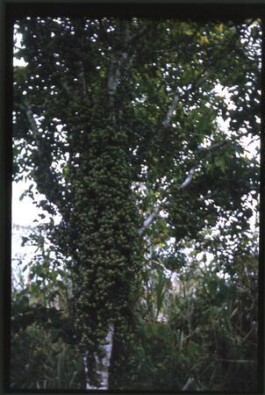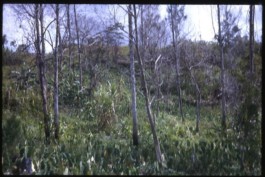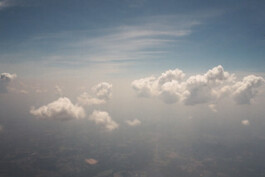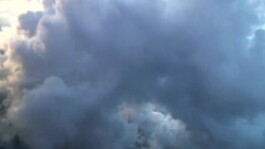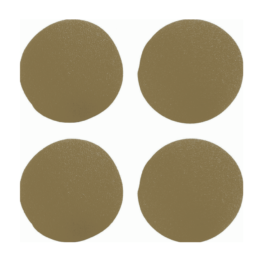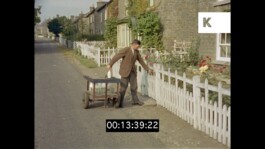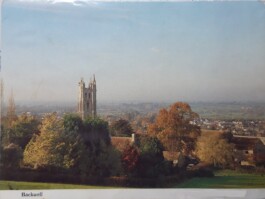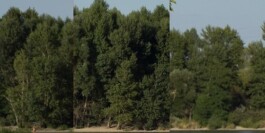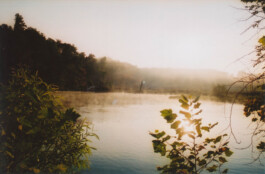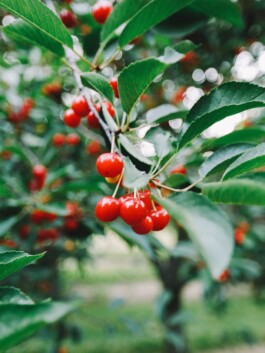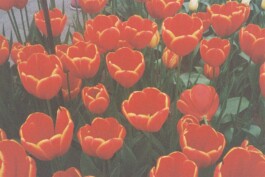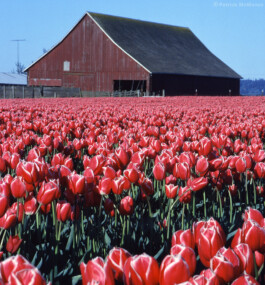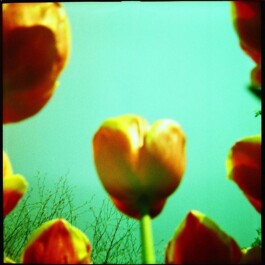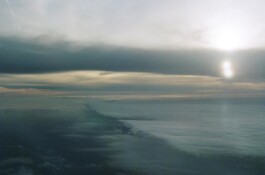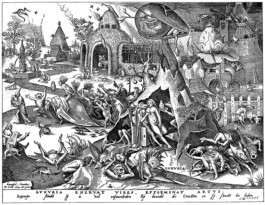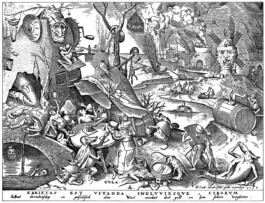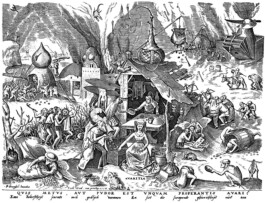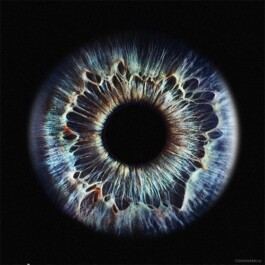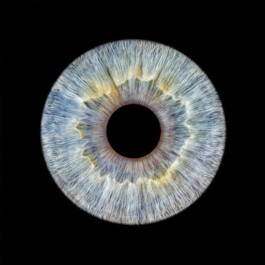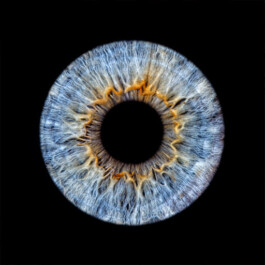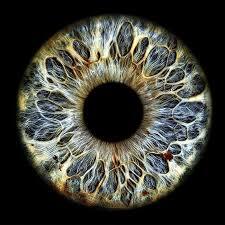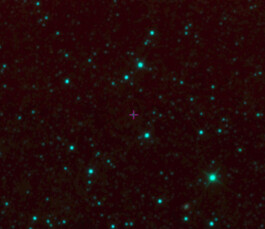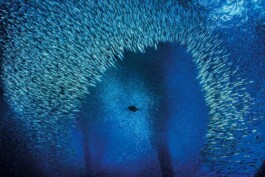Hand to Earth by Rebecca Brewin, Index, Writing, At the Coalface, Masters, Yoga, Retreats, Workshops, Info/Contact
BLUE FIRE Writing
(Synopsis)
The title of this collection came from the colour traditionally associated with Mary Magdalene as a symbol of transformation. The blue of a fire is located at the centre, therefore is the hottest and purest part of the flame, where the flame has the most oxygen and there is complete combustion. Infused by the traditions of religious language (such as Father in relation to God) the poems speak of an inner exploration of gender – the archetypes as well as the splits of femininity and masculinity in self and my surroundings. What I uncover in this collection is material that was eventually going to be vital for the collection I wrote for the final manuscript of my Masters Degree, poems which were then further edited and became the back bone for my first book titled At The Coalface.
2019, 21st June Writing
WEIGHT ON WATER I imagine now you felt the scarcity, Like a word prematurely uttered on stage, Creeping to the edge of the cliff face, Craning neck to look down upon that swaying body of green, Its white and grey skirts pulling, pushing, crashing The fallen frame of your beautiful black dog Again and again against the rocks....(read more)
2019, 19th June Writing
FATHER WHO ART Yes you struck me from your inadequacy, so there are times when we all feel loveless, and I see you too some times as a little bow-legged boy, a motherless child...(read more)
2019, 17th June Writing
OPENINGS Wound, I tap your size through the digits of my fingers and thumb; two round openings enveloped in soft letters like the edge of broken skin...(read more)
2019, 16th June Writing
FOREIGN SONG I walk the line of of a high-wire fence like a lesson in a book Park bowling green church graveyard playground school On the other side are gravestones toppled by a ground ruptured by time And I am learning I do not understand the topography of this place....(read more)
2019, 12th June Writing
HERE AND THERE Falling onto the hill, the cobbled hill; the air of factories and weavers who trotted on these cobbles;
it is father, father is round each corner; this is in the history and our father is around every corner. Singer's stone statues of altars and churches and museums and judder of sewing machines; the mason's hammer cracks against the thud of wool sacks thumping to the pavements....(read more)
2019, 11th June Writing
RIVER CROSSING Blue black lashes of some distant branches Lift a lid to a sky spilling spit and tears Letting loose a smudge of wings Washed by the wind...(read more)
2019, 7th June Writing
BALLAD OF THE FOREST FLOOR It is as though some gathering up of cry Lifts then into the thrust of trunks of trees Through the gaps and grace of the branches And in the canopy this draw runs through me...(read more)
2019, 5th June Writing
BLUE FIRE Your hurt words Stick my bones Drag a crime From blue fire A finger traces Through my dust The stone stays In your hand The first hurl Falls like love...(read more)
NOW WHERE THE LANDSCAPES CROSS THROUGH ME Writing
(Synopsis)
The context for this collection of poems began for me with a quote from a poem by Zoe Skoulding in The Ground Aslant – An Anthology of Radical Landscape Poetry edited by Harriet Tarlo. The poem is called The New Bridge and goes as follows:
the lines of the landscape
run through me to somewhere else
I am not sure I could label myself as a radical landscape poet, but there was certainly a heartfelt leap of inspiration when I read Harriet Tarlo in her introduction to the anthology saying, 'Writing about the body in and of landscape is a particular strength of women poets, who have only relatively recently thrown off an objectified position as part of an idealised landscape in favour of speaking one.'
My first poem We Are Lighthouses contains a reference to the last stanza of Tamar Yoseloff's poem A Letter To WS Graham:
Tell me
now that your words are done, how to keep going on.
The coast stretches too far for me to see,
but you’re ahead, in a lonely place (we make our own,
you said); from there you must be able to see us all,
lighting lamps with our voices.
This idea of writing to other artists, other poets, sharing materials, is something that fascinates me. I have experience this in both its beauty and danger. The image of the lighthouse is an interesting one; a focus of my work is the sense that we are as artists attempting to create bridges to guide the reader between different landscapes or worlds; dark and light, water to earth etc. This process is rewarding, potentially life-saving, but is almost bound to be treacherous, and in a changing world we need to be resilient to embrace the contrasts. A lighthouse during the day is often ugly and foreboding, but at night it becomes a thing of magnificence, the difference between life and death. At the beginning of the poem I am drawing reference to the wreckage that occurs when our boat is not steered by the light. It is a motif that runs through the Easter narrative, which is the time I was writing the poem; after the drama of the crucifixion the disciples of Jesus are very disillusioned and they return to their boats and take up fishing again. In the opening stanzas I am alluding to this motif, comparing it to the loss of romantic love. By the end a more redemptive universal kind of love has occurred, in the way the disciples then experienced the resurrection; it by going into the darkness that we can truly become beacons of light for another.
My second poem Leaves Blown on the Fence is a kind of response to We Are Lighthouses. My experience has been that in taking the the risk of sharing my writing, and following through its revelation, there is also a time for standing back, and I liken it to learning a new language. Often life teaches us this by itself; we become dry and are blown back until we hit something solid, the walls that every artists knows. This has very much been my journey through the writing of these poems. Perhaps I am most pleased with this poem as a result. It carries a new looseness and space compared to the density of much of my other writing. Hitting the wall also revealed things to me; I realised that I had been holding onto the idea that good art or writing comes from a sense of aesthetic or mystical, abstract experiences. It was painful and at times humiliating to see that these were projections and therefore the poetic images of my writing were not clear; were weighted but lacked a true sense of gravity. Under the guidance of classmates and tutors I began to see what I needed in my own body and poetic eye: the movement of the leaves being lifted by the wind from the ground onto the fence. Stillness, observation, emptiness, letting go of old narrative patterns and projections. Through this process, though I have far to go, I feel this has slowly begun to filter into my writing; the work of creating, clarifying, crafting the written image from real physical experience. In the theme of the Easter narrative, I saw this is like Thomas reaching out his hand and touching the wound of Jesus after the resurrection. It is not so much that his doubt is absolved but that it becomes the entry point into a new understanding.
These are the themes that are beginning to emerge in the third poem Life Through a Curved Mirror. How a very everyday impression can not only open up new connections and bridges between one image and another, but also how language can take us inside the embodied experience of another person and how they perceive the world. And this is also what gave rise to the more complex themes I am attempting to explore in Foot Washing. By this time I had been led to read the poems of John Burnside, alongside Seamus Heany's Moss Bawn: Sunlight and was impressed by how they have managed to craft a sacredness of language from the very ordinary. The simplicity of form in the language that enables such depth of meaning is for me a kind of magic I aspire to reflect through my own writing, and I wanted Foot Washing to somehow act as a bridge between a ritual or sacred act and the sensuality of the human body. This is an integration I aim to investigate more in my full manuscript.
The next poem Sheppards Barton is somehow a step along this path; gathering the raw materials as locally as possible and yet graduating out into the universal. Likewise with Edge in the Nature of Things. The balance between this two perceptions of an experience can be extremely difficult to strike, but the entry point into what is 'real' and will therefore create the most clear bridge for the reader is always back into what Herman Hesse calls the reality "contained inside us." I came across this quote and although I could never argue it out as being an ultimate truth, it gave me a new kind of confidence in trusting and sharing my inner experience, allowing this find its way onto the paper:
"There is no reality except the one contained within us. That is why so many people live such an unreal life. They take the images outside of them for reality and never allow the world within to assert itself." Hermann Hesse
So my penultimate poem From the School Steps is a step into something more directly autobiographical. I have chosen to write it in the third person to release some distance between my memories of the experience and the language of what is being described. I found this stepping back from the personal allowed the language and image to become more real, visceral, tangible, and therefore hopefully of deeper meaning to the reader. Finally the poem Meridien is perhaps most faithful to the idea of landscape poetry described by Harriet Tarlo. I am exploring this through the shapes created by the line breaks, the specific anatomical names of the bones of the foot and connecting this into the landscape of the whole body and universal themes of love.
2019, 28th May Writing
MERIDIAN in the heart of the foot just under where the bones congregate into the valley of the mid-foot there lies a pyramid-like collection of bones that form the arches of the foot the three cuneiforms the navicular the cuboid...(read more)
2019, 24th May Writing
FROM THE SCHOOL STEPS How beneath two rutted pillars the stone steps sagged, pillars that stood wearily - parental monoliths guarding doors whose studded wood made an inhospitable meal of welcome, floors flagged with a strange hush or guilt that bleached the eyes, lucky to be here...(read more)
2019, 23rd May Writing
SHEPPARDS BARTON The front portholes and side-scuttles of the old stone terrace opposite my writing room
had been permanently closed for however many months I'd been looking...(read more)
2019, 22nd May Writing
FOOT WASHING But it is something else to find forgiveness how it comes by a route that circles outwards folding over itself before it returns layer by layer through the ground I heard this from you who had been there as water coiled from the jug and over your feet into the bowl...(read more)
2019, 22nd May Writing
LIFE THROUGH A CURVED MIRROR I am watching a morphing circle of darkly-dressed figures as they flock like a murder of crows on benches by the town library; through the window the giant-sized lens of the book-lined walls...(read more)
2019, 21st May Writing
LEAVES BLOWN ON THE FENCE The sudden gust flipped and sprang the coloured leaves, pinning them in rows onto the chain-linked fence, like a display of doll's clothes or old-fashioned brooches...(read more)
2019, 18th May Writing
WE ARE LIGHTHOUSES I want to inscribe a letter to you in the way that you are not here; letters that speak like cave drawings that wholesome kind of absence; lasting and notched as jagged notes carved into a trunk or bench...(read more)
WRITING IN THE DUST Writing
(Synopsis)
The following collection of poems were written during my Masters Degree at Bath Spa in May 2019. Each of the pieces is in response to a task set by the course tutor and inspired by the texts we were studying as a group for their poetic content and language – detailed at the end of each poem.
The title for this collection comes from two sources, first the moment in the Bible when Jesus is confronted by the accusers of Mary Magdelene, who are threatening to stone her. He bends and starts writing with his finger in the sand, to deflect heir violence, and then says the words "Whoever has never done wrong can throw the first stone", knowing this will be nobody. They drop their weapons and walk away. Evidently from this moment Mary Magdalene goes through a personal transformation and becomes one of his closest friends and disciples. Secondly a book by Rowan Williams, also titled Writing in the Dust, where he reflects on the events of 11 th September 2001, the collapse of the Twin Towers of the World Trade Centre in Manhattan New York, which were to change the world as we knew it. Taking the story of Jesus as a metaphor, he weaves in the symbolism of his act of writing in the dust as a moment, or point in history, where we are invited to pause our actions, step back from our tendencies to blame and react, reflect on the shadow in ourselves.
To me this is one of the great gifts of poetry. As I write this we are also in the midst of the Covid 19 global pandemic, which has forced us into a similar response, a stripping away of what is not entirely necessary. These poems, each in their own way, mark a moment in time that is my own writing in the dust of an era of radical transformation. It could also be said the changes are in the systems and ways of thinking of which Mary Magdalene was a scapegoat. For this we need to dig under the values and language of our culture, as did the writings of those such as Virginia Woolf.
2019, 17th May Writing
WRITING IN THE DUST Ground zero may sound like a place of ice But when you go there you realise it's a fire Some saint spoke of a thorn in the flesh It is the prickle that burns your heart to jump It's the spiked chalice that tilts you to the edge Where your skins break to fall you into fervour...(read more)
2019, 17th May Writing
DIPTYCH: BEFORE AND AFTER THE FALL before they were all growing beards all the time growing beards talk was fire and light blamed the Jews for defects energy was sealed in his body Islam is the world outside for all things unjust and hateful and then the Americans pairs of shoes set outside jumpers wearing keys to paradise...(read more)
2019, 13th May Writing
PENUMBRA A stifled hammock swings to and fro Its colours flickering under orange trees It creaks and swings in tropical winds On a numinous line of shade and shore Bodies dip and dive along this line Hiding and languid under humid leaves...(read more)
2019, 10th May Writing
MY ASH CROSS leaning lean as in lent the fastening approach of light lengthening days hallow of Spring charcoal smudge across my brow stench of incense and a threshold to cross fresh with memory the garden being that bluster of arrival when all is raw and uncertain the soil and buds...(read more)
2019, 9th May Writing
RESUME ON THE ESSENCE OF VIRGINIA WOOLF The Waves, Kew Gardens, The Voyage Out; her writing as though carving out her own destiny; the details of her fragile beginning, the cloister of her artistic life and friendships, her watery death. They are archetype; over-identified, lacking in breathing space, like her drowning...(read more)
2019, 5th May Writing
WRITING MY WOLF OUT OF THE WOOD there are days when the world stands so still and so silent as though a foretoken of one single stand-alone Word such as Out or Come or Wood this was a day like that having walked all the way through the maze of trunks and swaying arms I was out of the wood into the wind standing at its tree-line...(read more)
SURFACING Writing
(Synopsis)
The title for this collection of poems, written early on in my Masters Degree at Bath Spa, comes from the sense that part of the task of a poet is to dowse the territory of a landscape, often for a very long time, in order to sense where the energy lies for the things that want to surface. I personally had the experience of the first 'trimester' of the course being an under-water journey into uncharted places in my own psyche. Though I now look back on these pieces as having a certain naivety, I am grateful for the resources that became accessible to my writing, as I myself had felt the visceral process of surfacing as the discovered pieces of treasure landed as words on paper.
2019, 26th January Writing
EQUINOX POEM Let us spread out into the fresh of this day Run into to the field of our furtherest smile Here in the open warm sleeves of Equinox May envy, shame no longer green at our back...(read more)
2019, 22nd January Writing
WINTER PASSAGE A fork in the road appears in the mist It is a knife edge to my mind The parting comes towards me Like the front of a ship Breaking in as through a wave The force has to crack in It must because choice is free...(read more)
2019, 21st January Writing
EPIPHANY AT BONNEVAUX The morning throws fingers of light Softly tickling through the tree trunks The branches are moving like hands Weaving shimmers of silken threads They vibrate and sustain in symphony Strumming the wood as keys on a piano Each note presses us to turn and look To let go of words and drop our reading To reach and take down an instrument Wrapped in swaddling waiting to sing...(read more)
2019, 18th January Writing
SENSE OF SCALE Like a pair of hands scanning Bach on a piano We move synchronised between scales We draw close the mirror strikes up its shard It cuts and draws blood it hurts like a birth But it is through this canal of wound That we fly out and make sense of the world It channels us out and about onto the highways The byways where we pour the blood as wine Pollock-like splashes of red into the skins Into the boats crossing the lake to the place of prayer...(read more)
2019, 15th January Writing
RED DRESS My red dress says it's calling for a poem I guess you might know what I mean If you've ever had the cheek dare I say To swan into a shrine in brightest beak red Sylvia Plath wrote a poem about tulips Their lips turn from innocence into animals Wild they screech around like a fire engine Racing through the nun-pure petals of her sheets...(read more)
2019, 13th January Writing
MOON OVER THE WALL The faithful ever-changing face of the moon Peers over the ivy-laced wall I am caught in that tissue called loneliness Strangled tight by its tenuous crawl Its hands are both sown with obscurity Its toes are then far too direct Like a falsified creature of nature Its voice tells me what now to expect...(read more)
2019, 13th January Writing
LINES ON A PAGE These words, though dark etchings on the white page, Are each in potential little carriers of light; I thought I'd know better, one of my age, Yet necessity bore me into this night. A word is a star, already burned out, Before it reaches my such fleeting eye; Then it's mind to which I must lend my shout, That robs and twists what belongs to the sky....(read more)
2019, 10th January Writing
SURFACING Early spring pressed in upon us all Its quickening light cold and sharp Rushing to our senses still in winter sleep The lake was frozen but we all fell in We were piercing the ice in a small boat Holding the idea we're all in the same boat And then it toppled and we all tumbled We sunk down into the reedy bed Blinded by weeds and murky water Shards of winter rays just enough to see That we were each a swimming search Looking for each other in the dark...(read more)
2019, 9th January Writing
POEM OF SPRING II Look how the conduit From source to well Has softened her tongue, Opened her lion mouth, Corroded her limey lip. She drinks from the ebb, The clear-flowing waters, With mud earth mingled, And feeds the world With what she releases. Under church towering spire, She is bypassed, forgotten. Yet her mossy thighs sing Where sacred stones fall Into the gritty street...(read more)
2019, 3rd January Writing
POEM AT STANSTED AIRPORT The stars say It is high time To stop climbing That now is about Falling right in... Swimming deep Beneath the play Of searching To this place Where the eyes Are clouds of Soft unknowing Where the soul Opens to its own Necessity to go Share its thirst...(read more)
ACEDIA Writing
(Synopsis)
The concern of this collection of poems is a movement through the paradoxes, light and shadow, clarity and confusion, fruitfulness and waste of human existence and relationship.
Central to this enquiry is how a poem can help to mediate and regulate the balance every relationship seeks between closeness and distance, reminiscent of the archetypal love poem which is invariably attempting a metaphorical bridge between separated lovers.
A quote I often return to in this regard comes from Carl Jung: 'Every relationship has its optimal distance, which of course has to be found by trial and error.' (1)
It is through Jungian psychology that we also find the journey of maturation he refers to as individuation; when a person, through multiple failures and the collapse of projections, becomes in and of themselves; nothing more and nothing less. This is also the search for self-knowledge the endeavour of spiritual teachings through the ages and any creative act.
My interest is how our environment and communion with others is read, scaled up, discerned through our own sense of the body. The body in gravity, the body in space. How writing summons us to 'a deep and personal accounting' (2). which clears the terrain for true relationship to emerge; with self and with other.
I am exploring how this sense of the body through the music and movement of a poem, its sense of size in relation to its surroundings, in sense of what is other, is determined by language. Something happens to the mind, and therefore the body, when an experience surfaces into consciousness and can be given language; the language of speech and in this case the language of writing.
The success and weakness of any poetry, and certainly this is the case with these poems, is directly connected to their clarity of image and the impression each image makes on the page, the eye, the voice and the ear. How effectively the shape, sound and meaning of any word, and its connection to other words, conveys the shape, sound and physicality of an experience. As Viktor Shklovsky famously said, 'Literature should make the stones stony.' (3).
During this first term of the MA I was becoming increasingly aware as a poet that my techniques, the symbols and the themes that my writing style was attaching itself to, was abstract, image-heavy and lacking in what I'd now call an ecology of language. The abstraction pointed towards a disassociation that I realised was being mirrored in the world around me, my community, friends and close relationships. Numbness and overwhelm that has been well documented by contemporary sociologists, psychologists and spiritual and philosophical writers.
What I needed was to develop a new interest in the dynamics of scale. How global and collective or local narratives impact me in my personal story, my personal narrative. The delineation a gathering of words makes on a page can act as a mirror to the boundaries of the body in the world. As Anthony Gormley has expressed through his figurative sculptures, we are forced into a sense of scale, and where we fit along the spectrum of the macro and the micro, as soon as we write a line of poetry. This is something I would like to explore more fully in my full manuscript next year. For now here are some reflections on eight poems written between October and December 2018.
(1) Jung letters Vol.1 Pages 53–54
(2) James Hollis: The Eden Project–In Search of the Magical Other
(3) Viktor Shklovsky: Art as Technique (1917)
(Commentary on nine poems)
The term 'red herring' comes from a news story by the English journalist William Cobbett in around 1805. He claimed that when he was a boy he used a cured and salted herring (a red herring) to lead hounds down a false trail. He then extended the metaphor to criticize the London press of publishing false news. Here I am taking that metaphor to describe the white space that can surround a relationship when things are not spoken. The nervous tension that is felt in the body when something is avoided or unsaid. This tension draws the members of the relationship, physically and mentally, into a vortex of self-absorption and loss of perspective.
I was very struck by one of the pieces we studied in class by Sylvia Plath; her poem Tulips describes this loss of perspective as she lay in a hospital bed. Most probably this was during one of her episodes where her whole body was put in a cast after one of her attempted suicides. The whirlpool of my own poem carries a similar sense of being pulled or trapped; the bad smell there resonant of Plath's representation of the tulips as being an invasion of her senses, a distorting hooking-in and indeed a violation of her sense of self.
The resolution of this poem comes as the eye of the narrator scales outwardly into the bigger picture, the edge of the pool. A sense of sweetness begins to ripple back into the relationship as the definition of its space and boundary comes into view. I end the poem with the metaphor of the miracle of the loaves and the fishes, or feeding of the five thousand, a story from the Bible. I have heard it said that the miracle may not be in that this is some supernatural act, but simply that when the crowd see the small boy sharing the little he has, they are inspired to open up their picnics and do the same, to share their resources. Likewise the scaling of a relationship from the narcissistic centre to the communal, therein lies the healing.
This is a poem written from a place of irony. My understanding is that when a poem sustains some kind of ambiguity it allows for a space, often with a sense of humour, for the reader to make up their own minds about what is being said. So in some ways irony is a carrier of empathy, a tool by which the words are undercutting something that has gone before. In writing about something the thing has already changed and irony tilts the text to give permission for another perspective to emerge.
Through the precise structure of the iambic pentameter, I am trying to catch the attention of the reader, drawing them in through the rhythm and rhyme of my words, whilst actually saying that I do not want to reel them into the drama of my story. The text therefore belies the intention, offering the reader space to decide if they want to read the poem, whilst at the same time, with the close-knitrhyming and rhythm, creating a game where it's difficult to escape out sideways from the script.
Somewhere in here is hidden the humiliation of all relationship, wanting to be seen and heard by the other and at the same time the shame of being fully known, exposed. The push and pull of romantic love. Another irony of the poem is that in the fifth stanza I have already lost trust that the reader is following me, so I myself decide to make an exit.
To begin with I experimented in illustrating this exit by scattering the last thee stanzas, and this is still a way I would like to develop this poem. However feedback from the group helped me to see the strength of the closed form in carrying my intentions for the poem. Also my limitations as a poet meant it was safer ground to come back to the iambic structure as the scattering dissipated the overall meaning I was attempting to convey.
The open-field more fluid structure of this poem evolved from a stream of text messages I was exchanging with a friend who'd left for a two month retreat. We'd been lovers, so the letting go and sense of missing someone, the detachment and invisibility, the tension around words when wanting to express love in the face of sadness and absence, all this is contained within this poem.
At the time of writing I felt the power of this absence was so forceful that I myself was disappearing into a kind of absence to myself. Within these words I am struggling to live in the surface world, suffocating and drowning in the complex emotions that go with missing a person and the anxiety of loss of love. This abstraction came out in the original version of the poem which was a lot more extended and quoted the Latin names of numerous sea creatures invisible to the naked eye. I removed these in the end because the group response to the names was that they were an obstacle to navigating the poem's fairly complex themes. Further feedback was that the title was too banal for the complexity of what I am attempting to convey, something that I would seek to change with further editing.
The desire to disappear has been a common thread in my writing, and to a degree poetry enables the disappearance. In a way any artists has the choice of using their discipline as a camouflage in which to vanish into the fabric of the world. The work then becomes a process of re-surfacing with what has been extracted from the raw materials of their solitary industry.
Historically this inward journey has been known to lead to madness, a state of mind less romanticised now than it has been in the past. But there is no doubt that if the artist can stick to the course, the experience is a resurrection where the creative act becomes a vessel that carries transforming power.
This is a landmark poem in the sense that it is introducing material that is far more personal in its content. This is a piece of persona writing where I am putting myself in the shoes of my mother during a time when I was ill in hospital as a child. My condition was critical, though to some extent I was personally unaware of the seriousness, given that I was only eight years old. Switching into the position of my mother unearthed a whole new perspective on a life-changing chapter in my family.
I began to recognise the importance of empathy in writing. Creating poetic language around our experience is a passage to finding intimacy with ourselves, which research says can rewrite the narratives of the brain, open new neural pathways.
Opening to and expressing these exiled parts of the self is a pretext to finding empathy with others. Feedback from the group was very affirming that this was a good direction for my writing, encouraging me again to select the strongest images from a much longer first draft in order to illuminate the poignancy of the context. In the poem both my mother and I are in a sense exiled because of this illness and the alienating environment of the hospital. The poem seeks to build a bridge, to bring the story out of exile into the surface world. I found this challenging to write, but also profoundly rewarding, which has led me to realise that some of the personal material of my childhood could be a very fertile resource for further writing.
As the title poem for this collection it also sits in the centre of the narrative as a turning point in my writing. The conceptual aspect of writing poetry was becoming more and more of an impediment, and I was longing to find a clarity of image. This came around a time when I'd been participating in some protest marches in London and in my home town of Frome. What became known as the Extinction Rebellion protests was to raise awareness about the extinction species as a result of climate-change.
To a degree I was in a state of despondency over this crisis, which was mirroring aspects of my own journey. The darkness of November was closing in and there were days of endless rain. I managed to capture a moment of direct connection with my inner state and what was happening in the world around me by noticing the detail of the raindrops on the window.
That day I had a conversation with a spiritual teacher. I was describing my visceral response to the marches and the battle between my emotional landscape, teaching work and writing for the course. How everything felt dumbed down. He pointed me in the direction of this word Acedia, a beautiful word with difficult yet fertile connotations. He suggested that a commitment to any course of action will lead to a period of disillusionment, where 'reality becomes granular.' The sentiment of these words then found their way into the central thread of the poem.
The group response to this poem was unanimously positive, which felt like a breakthrough in where I was wanting to go in terms of themes and clarity of image. Working with the form of the also allowed for a longer length of line than I've habitually given my poems, whilst the containment of the two-line stanza emerged as a new and helpful boundary for expression. In a further draft I would like to sift out some of the middle section, make it less dense for the reader. I would also like to sharpen the intention of the poem which is to bridge the micro with the macro, personal with the global and illuminate the central emotion of the poem which is one of hope.
TALKING WITH YOU
The ending of this poem makes direct reference to Sylvia Plath's poem Tulips, and the context is a rainy Saturday afternoon with my friend, who by the time of writing had left. I was looking back at the warm womb-like quality of that afternoon, whilst standing in recognition of the process of letting go. Almost like two halves of myself, the poem resides in the split, the half-way place of the stairs.
By this time I had also sent him the Tulips poem with my own reflections about the fertile creative ground that was appearing to me, between attention and interruption. How this again was throwing up new material for my writing; to start to include and sift the interruptions and disturbances that impinged on my 'concentration' He was meanwhile making art pieces out of discarded waste materials and reported back that the poem really resonated. The start of a fertile dialogue in our relationship. My attachment to this dialogue was constantly interrupted by this need to let go, a paradox of tension. Within this a middle ground appeared, again set in the physical world and appearing in this poem as bones, boat, harbour, banister, landscape, brush-strokes; the world of full colour set against the red of my anxiety and the gull-white separation of the ocean between us.
The first draft of the poem needed a great deal of excavation; there was a sense of density to the imagery which was disorienting. I completely edited out an original last stanza to allow the poem to rest on the image of the tulips. There was also a recurring thread to the feedback that I was receiving from the group, which arose in response to the original opening and closing of the piece; the tendency to become 'sermonising' or didactic, to tie up ends rather than leave space for the interpretation of the reader.
We were asked as a group to write a poem about prejudice and this attempts to do that by exploring prejudice as an obstacle of movement and communication. The original version of this poem was much longer and the middle stanza laid out with line-breaks similar to the first and third. I decided to change the middle stanza into the form of prose poetry, really to represent the form of a letter. It also acts as a barrier or boundary between the first and third stanzas, almost like a block in the road. Feedback on the first draft also alerted me to a didactic style that was not serving the flow and subtlety of the imagery. In class we discussed how the use of a meta narrative or providing a moralistic closure, which is commonly used in modernist poetry, will date a piece of writing, imposing one's own vision onto the script which can effectively exclude and alienate the reader. Again the poem illustrates a split between the fear of madness and bias towards beauty, romanticised ideas about love.
THREADS
This poem came out of a real event when I was writing in the library in Frome. Earlier that day I'd had a close encounter with my friend after we'd overcome a very difficult period of communication, painful misunderstandings and hurtful messages. The irony of the poem is therefore evident; Henry is acting as a mirror to my own circumstances and suffering, except that he does not have the capacity to write or read, so much a vehicle for my own sanity. He also turned out to be homeless which led me to a greater awareness of how easily rarefied one can become as a writer or poet, somehow cotton-wool wrapped from the reality of what is really going on in one's immediate surroundings. Following this I got involved in helping to develop an arts project tackling issues of isolation in the town. The closing line echoes my own, and the universal, longing for home. Feedback for this poem was 'well contextualised and very clear, precise rendition of Henry and a wise decision to end in his own words.' In contrast to the didactic style I have frequently adopted, this represented a shift, a developing trust in leaving the threads of my writing open-ended to welcome the reader in. Ironically this coincided with a shift in boundary in my relationship with the person I reference in the opening stanza, a suggestion of getting clearer about the chaos of my own 'Threads.'
Things come full circle in this poem, written in response to the movement of a bright-red hawthorn bush being blown in the wind on Cley Hill, just outside Frome. The movement and sound of the bush was like a fire, reminiscent of the burning bush Moses encountered on Mount Sinai when he received his revelations. The energy of the language seeks to mimic the dance of the bush and represents a break through of fresh insights. The hard work of all the above poems and their themes seems to unleash into a fresh form of playfulness, trust in life.
2018, 29th December Writing
LOVE LESSON Red noise day Thank the gods Nature teaches us This mad dance Of moving target We b r e a k rules
we M a k e mischief Trees shout out Clapping loudly Spilling red joy On the silent hill Up the scudding sky… (read more)
2018, 24th December Writing
THREADS Absent one, with whom I sew stuttered Scribbles, stitched in buttons on a screen, I think you have entered my nature library; The autumn-soft leaves got ruffled Into beautiful squirly windswept patterns To blur my still-hardened horizons. It was later in the library of work, Getting my threads in order, I encounter a man called Henry. Enter Henry, his own threads trailing At his trainers, a mess of bleached hair Under a beanie, jeans royal blue and frayed.… (read more)
2018, 22nd December Writing
SLIDE OF PREJUDICE This sentence that drums And amplifies me through to bone, Locks hairline to thigh and toe,
Draws my false body floating From the lake into the surface world Is surely enough madness I can do no more; To reach down towards you Or up to them or him or theirs… (read more)
2018, 21st December Writing
TALKING WITH YOU My frame may be fragile, but it is tough; It sounds deep on the pavement as I flow to meet you. Entering, my face lights up at the table of hope, A flame flying from heels, entering hips, freed through my ears..… (read more)
2018, 18th December Writing
LIKE MY MOTHER'S FACE It still trammels my dreams, leaving you, my eight-year-old child, In that stiff, forsaken hospital bed, under the foreign watch of nurses; The ward a haunted train tunnel, their night-station a ghosted engine; Your room of hungry isolation, an abandoned, broken carriage.… (read more)
2018, 18th December Writing
ACEDIA* I watch raindrops caught in netted patterns on the window They are wintry bright faces wearing little black caps Today in the wet streaming streets it is difficult to see Who is who all hooded and shielded against the bleakness Every year this happens across the northern world A dark bonnet encases Earth like the shell of a conker Each year seeds offer up their life to the soil And there a great and erotic emptying occurs… (read more)
2018, 14th December Writing
EYE OF THE BEHOLDER Letters light up like bioluminescence Against a darkening afternoon sky; It is November, I am walking the wet world, With these tendrils of dangling words Drawing saline pools round my squinting autumn eyes. We are questioning whether a thing has inherent value in and of itself, even if it is never beheld… (read more)
2018, 11th December Writing
BOTTOM LINE I do not want to steal your eyes To trail these words upon this page Or bend your ears to understand The scent with which I see the stars It's not my way to throw your mind To twist and bump to fit my flow Or fish from where your river turns To catch what's yours to make it ours…(read more)
2018, 7th December Writing
RED HERRING Scarlet scales skip around our words Like jumping flesh in a whirlpool The red herring swims to the centre Pinkening the pull of our sense We are drawn to its pungent scent Like moistened dogs' noses This does not really weigh up Something about its smell is false…(read more)
Copyright © 2020 Rebecca Brewin, all rights reserved. rebecca@handtoearth.net +44 (0) 789 693 6625 Return to top
